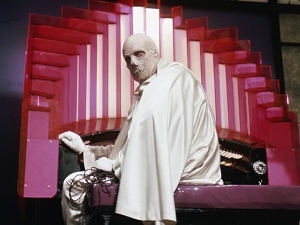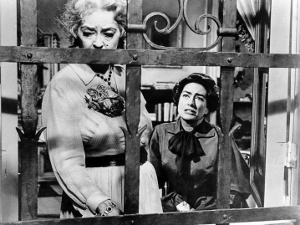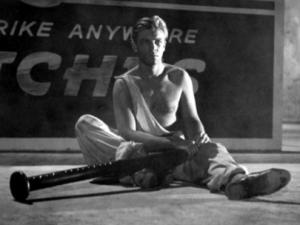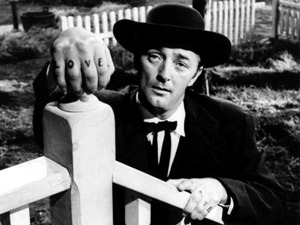The Abominable Dr. Phibes (1971)
[9]
Several years ago, Dr. Anton Phibes raced to the hospital after learning his wife had died on the operating table. His car crashed off a cliff and he was burned alive. Or was he? After a series of elaborate murders rob London of its top doctors, Scotland Yard is on the case, barely able to keep ahead of the eccentric doctor as he exacts vengeance on the nine doctors and nurses who let Mrs. Phibes die. “Nine killed her. Nine shall die. Nine eternities in doom!” he proclaims, able to speak only with the assistance of a gramophone connected to his throat. In accordance with scripture, Phibes reenacts the plagues on the unsuspecting doctors, executing intricate plans and unleashing all variety of vermin to avenge his beloved wife.




